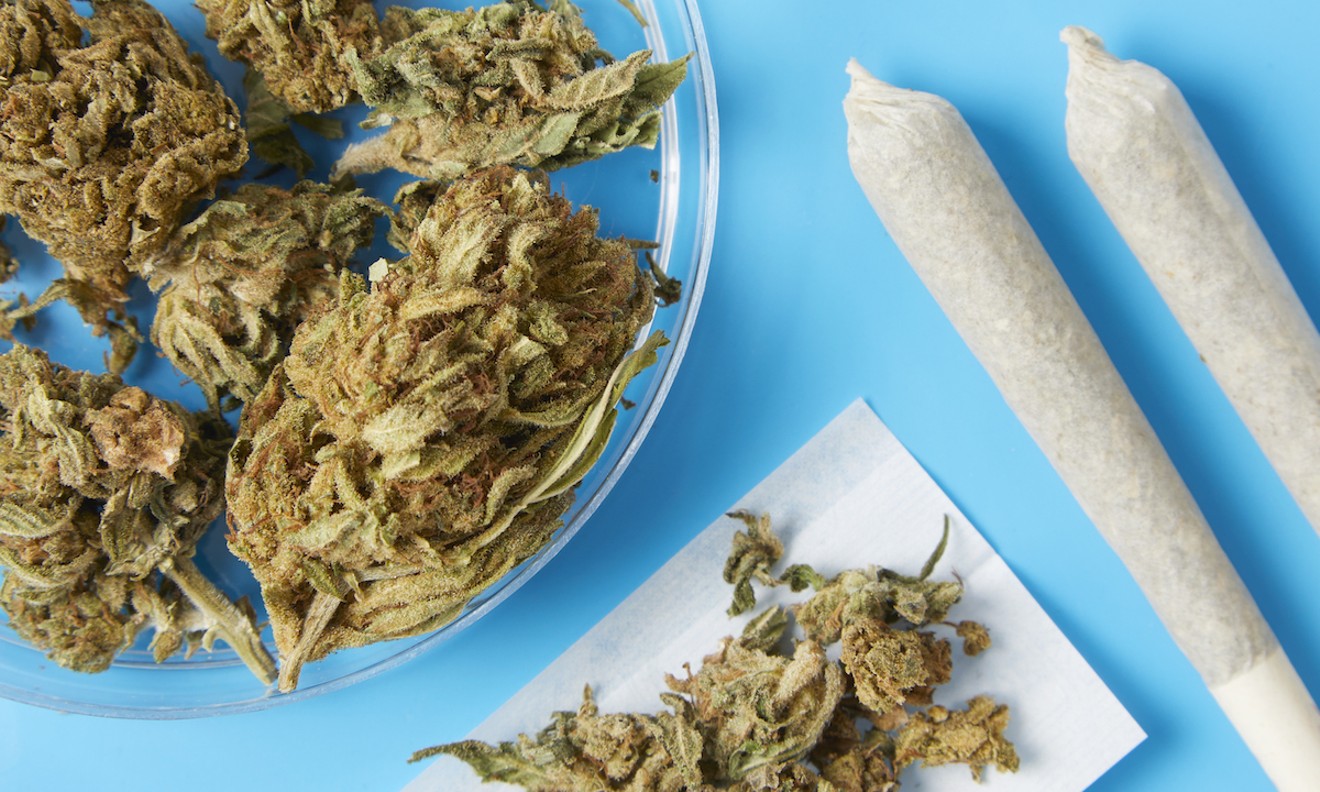Shedding Light on What Medical Marijuana Can Treat: a Comprehensive Analysis of Its Healing Qualities
In recent times, there has actually been a growing interest in the restorative possibility of medical marijuana. Research study has recommended that this plant, with its variety of substances, might hold assurance in addressing different medical problems. From chronic discomfort administration to epilepsy therapy, and from queasiness alleviation to anxiety reduction, the scope of its feasible applications seems extensive. While anecdotal proof abounds, an extensive exam of the clinical data concerning the performance of clinical marijuana in dealing with these problems is required. This analysis aims to supply a nuanced understanding of the existing landscape of clinical marijuana as a possible therapeutic representative, shedding light on its abilities in a much more comprehensive manner.
Persistent Discomfort Monitoring
Persistent discomfort monitoring remains an important facet of treatment, necessitating an extensive method for effective therapy. Recently, medical marijuana has emerged as a prospective healing option for people dealing with chronic discomfort problems. The endocannabinoid system, which plays a crucial function in pain inflection, has actually been targeted by cannabis-based therapies to enhance and alleviate signs and symptoms lifestyle for individuals.

In addition, clinical marijuana uses an appealing option for patients that experience unbearable side effects from standard discomfort medicines. Its capacity to resolve discomfort with a various system makes it an important addition to the collection of therapies readily available for persistent discomfort administration.
Epilepsy Treatment Possible
Clinical cannabis has actually revealed promising possibility in the therapy of epilepsy, using a novel therapeutic strategy for managing seizures in patients. Epilepsy is a neurological condition characterized by reoccurring seizures, impacting people of all ages. Conventional treatments for epilepsy include antiepileptic medicines, but these medications may not be reliable for all individuals and can have considerable adverse effects.
Research study on using medical cannabis for epilepsy has actually revealed motivating results. Cannabidiol (CBD), a non-psychoactive substance found in marijuana, has been specifically highlighted for its anticonvulsant homes. Research studies have revealed that CBD can lower the regularity and severity of seizures in patients with treatment-resistant forms of epilepsy, such as Dravet syndrome and Lennox-Gastaut syndrome.
Moreover, the FDA has actually accepted a CBD-based medicine, Epidiolex, for the therapy of seizures related to these extreme kinds of epilepsy. This turning point underscores the expanding acknowledgment of medical cannabis as a useful therapeutic alternative for taking care of epilepsy and provides expect people that have actually not responded well to traditional therapies.
Queasiness Alleviation Benefits
The reduction of queasiness with making use of cannabis has been progressively acknowledged for its therapeutic advantages in various clinical problems. Nausea and throwing up prevail signs and symptoms experienced by patients undertaking radiation treatment, those with food poisonings, and people with persistent pain conditions. Medical cannabis, with its active substances such as THC and CBD, has actually shown pledge in providing alleviation from nausea.

Furthermore, clinical marijuana supplies a natural option for people who do not react well to standard anti-nausea medications or that experience serious negative effects from page these drugs. Patients undertaking chemotherapy, specifically, have actually reported considerable improvements in their lifestyle when making use of marijuana to manage nausea. As research around remains to expand, clinical cannabis is significantly being thought about as an important option for queasiness relief in various medical setups.
Anxiousness Decrease Impacts
Researches have actually demonstrated the potential of marijuana in decreasing anxiousness signs through its interaction with the endocannabinoid system. The endocannabinoid system plays an essential function in regulating feelings, including anxiousness, by keeping homeostasis in the body. Cannabinoids in marijuana, such as THC and CBD, interact with the endocannabinoid receptors in the mind, specifically the CB1 and CB2 receptors, to modulate anxiety-related reactions.
Clients with problems like generalised anxiousness problem (GAD), social anxiety condition, and trauma (PTSD) might take advantage of the anxiolytic homes of marijuana (Medical Marijuana Doctor Clinton MS). Additional study is required to determine optimum dosages, delivery methods, and long-lasting results on stress and anxiety monitoring.
Potential for Swelling Control
With its known anti-inflammatory homes, cannabis has shown assurance in potentially controlling swelling within the body. Swelling is the body's natural reaction to injury or infection, yet when it ends up being persistent, it can contribute to numerous diseases such as joint inflammation, inflammatory digestive tract disease, and even heart condition. Research suggests that the cannabinoids found in cannabis, such as THC and CBD, can aid manage the immune feedback why not check here and reduce inflammation.
Research studies have shown that cannabis can engage with the endocannabinoid system, which plays an essential function in managing inflammation. By targeting the cannabinoid receptors, marijuana substances can modulate the immune feedback, resulting in a reduction in inflammation levels. This makes marijuana a potential prospect for managing inflammatory conditions where conventional therapies have failed.
Furthermore, cannabis-derived products like CBD oil have actually acquired popularity for their anti-inflammatory buildings, with many individuals utilizing them as a natural treatment for conditions connected with swelling. While even more research study is needed to completely comprehend the devices behind cannabis's anti-inflammatory results, present searchings for reveal appealing outcomes for the possible use medical cannabis in regulating swelling.
Verdict
To conclude, medical marijuana has actually revealed encouraging restorative buildings in taking care of persistent pain, dealing with epilepsy, eliminating nausea, minimizing stress and anxiety, and controlling inflammation. Its possible benefits in various medical conditions highlight the significance of further research and expedition into its medicinal usage. The proof suggests that clinical cannabis might be an important alternative therapy choice for individuals seeking alleviation from a series of signs and conditions.
In recent years, medical marijuana has arised as a prospective restorative option for people suffering from persistent discomfort problems.Clinical marijuana has actually shown promising potential in the treatment of epilepsy, providing a novel restorative technique for handling seizures in individuals. As study in this area continues to grow, medical cannabis is significantly being considered as a beneficial alternative for queasiness alleviation in various clinical settings.
In conclusion, clinical marijuana has shown promising therapeutic homes in handling persistent pain, my company treating epilepsy, alleviating nausea, lowering anxiety, and controlling swelling. The proof suggests that clinical marijuana can be an important option therapy alternative for people seeking relief from a range of symptoms and conditions.